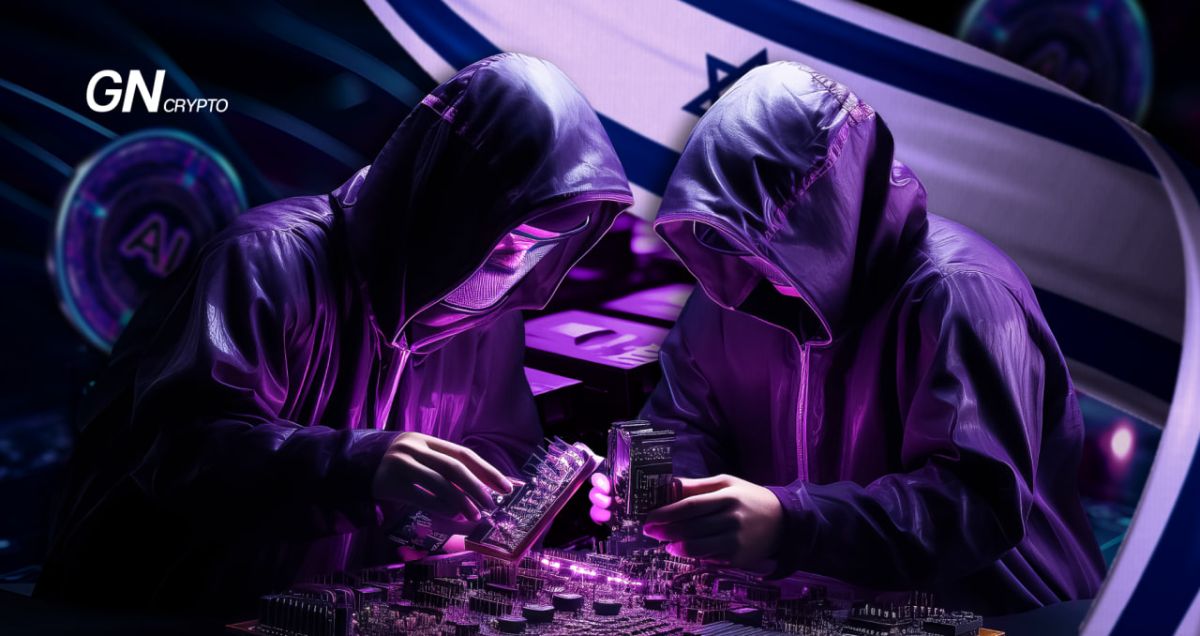How Will the Israel-Hamas War Impact the Global AI Market?

Israel’s ongoing unrest could bring significant challenges to the worldwide AI and semiconductor sectors. Few realize that, despite its small stature, Israel is a linchpin in the global microchip landscape.
On this page
While East Asia predominantly oversees today's chip manufacturing, Israel emerges as one of the rare nations producing these components outside this Asian enclave. Presently, the semiconductor market is grappling with a product shortage. Supply chains, on one end, are still rebounding from the pandemic's aftermath. On the other, swift advancements in AI technologies mean chip orders are being placed well in advance. The escalating tensions in the Middle East are poised to intensify the pre-existing supply dilemmas.
The Promised Land has consistently been a wellspring of talent and top-tier professionals, particularly in the high-tech realm. Drawing on this local expertise, many of the IT industry's heavyweights have inaugurated their divisions within the country. A prime example is Intel Corp., a tech titan that has had a presence in Israel for nearly fifty years. The corporation maintains a wide-ranging array of design and production facilities there. Intel's journey in Israel commenced in Haifa, home to the Technion – an esteemed technological institute recognized for producing some of the region's most accomplished engineers and scientists, and a pivotal hub for tech research globally. The decision to position Intel Corp.'s base in this locale was anything but arbitrary. In subsequent years, Israeli professionals were instrumental in solidifying the company's preeminence in the computer chip sector. Notably, in 2003, Intel introduced a series of power-efficient processors equipped with Wi-Fi capabilities, which became prominent under the Centrino and Pentium labels. Developed by Haifa's engineers, these chips, at their conception phase, were christened after one of the Jordan River's tributaries – Banias.
As the war between Israel and HAMAS escalated in the fall of 2023, Intel Corp. was firmly established in five Israeli cities, primarily focusing on innovations in Artificial Intelligence (AI). Furthermore, Intel's experts aimed to pioneer in the autonomous vehicle sector. Collectively, Intel employed nearly 13,000 people across Israel. Despite the changing dynamics, the Haifa division persisted in its development of integral Intel processor components, securing the company's leading position in the IT market. It's worth noting the strategic significance of Haifa, located a mere 40 kilometers from the Lebanese border, a launch point for attacks from the Hezbollah group. Another pivotal Intel chip production facility lies in Kiryat Gat, situated just half an hour from the Gaza Strip, the epicenter of the recent conflict escalation. Although there were previous intentions to expand production in Kiryat Gat, such plans might now be on hold.
In addition to Intel Corp., Nvidia Corp., another titan in the chip industry, has a significant footprint in Israel. The war has not left them untouched; one of Nvidia's engineers tragically faced adversity, being abducted during a music festival that was targeted by militants.
Delegate critical work to our colleagues all around the world. We will do our best to pick up your slack,
Nvidia CEO Jensen Huang wrote.
By mid-October, Nvidia had set plans for an artificial intelligence conference in Tel Aviv, which unfortunately had to be postponed. On top of this, numerous employees from tech powerhouses such as Apple, Microsoft, and Amazon, who also serve as reservists in the Israel Defense Forces, have been called to duty amidst the escalating tensions.
We've previously discussed how AI helps Ukraine on the battlefield.
The content on The Coinomist is for informational purposes only and should not be interpreted as financial advice. While we strive to provide accurate and up-to-date information, we do not guarantee the accuracy, completeness, or reliability of any content. Neither we accept liability for any errors or omissions in the information provided or for any financial losses incurred as a result of relying on this information. Actions based on this content are at your own risk. Always do your own research and consult a professional. See our Terms, Privacy Policy, and Disclaimers for more details.

























